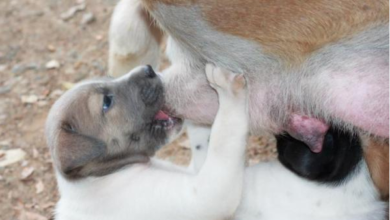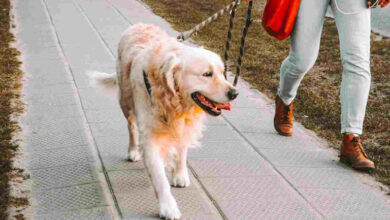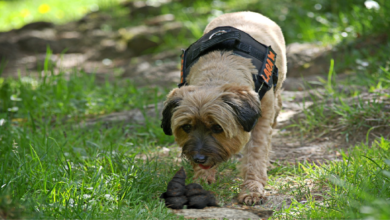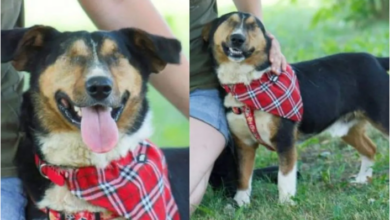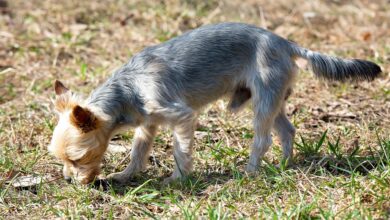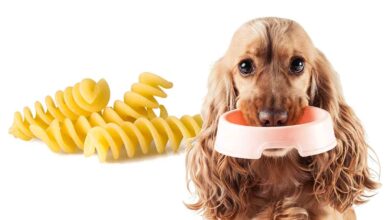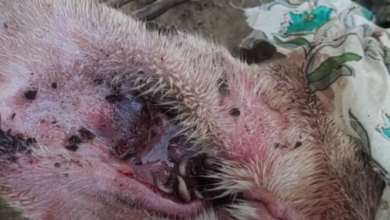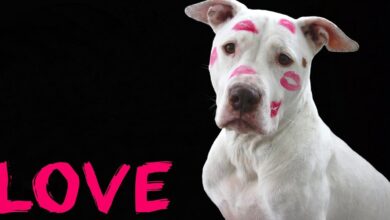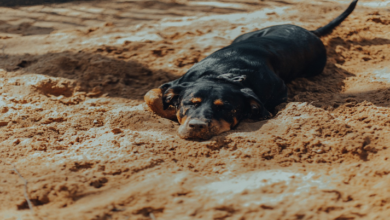How Come Dogs Lick Wounds?
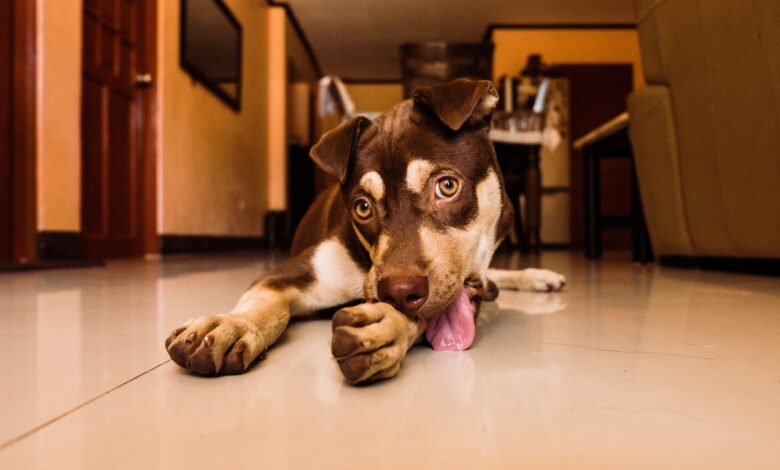
The practice of animals licking their wounds is rather typical. Because canine saliva helps heal wounds and has medical effects, many dogs engage in this behavior. Some people do it purely out of need for comfort; a young kid who is upset may believe that a kiss is the greatest treatment after all. Dogs are particularly prone to this tendency, which appears to be profoundly ingrained in their genetics. Even if a dog has never seen another dog engage in this activity, they will still lick their wounds when they are hurt. Does it aid in the healing process in any way?
What Causes the Behavior?
This question consists of two distinct components. It is rather clear why dogs lick their wounds; they do it because that is what they have been taught to do. They either learnt it from another dog they’ve known all their life or because they’ve had a wound before and found soothing licking it. You can tell that a dog does not grasp microorganisms. No one in the group was wearing a lab coat. Instead, individuals possess a mix of fundamental instincts that are a result of their genetic composition and demonstrative learning.
Even if your dog is unaware of how it benefits them, they can still benefit from it. Saliva contains enzymes that can aid in cell development and replacement while also aiding in the breakdown of germs. It is quite helpful to the healing process, to put it simply. Despite the fact that these advantages exist, you shouldn’t allow your dog to lick any open wounds. These modifications were required for a canine to survive otherwise lethal injuries in the wild. It can actually cause more harm than good in the modern, technologically advanced world they live in. The open wound in your dog’s mouth can become infected with foreign viruses and bacteria if they survive in the saliva environment.The open wound will continue to swell in that case. This has the ability to turn a minor injury into a serious infection. Not to mention that it merely irritates the skin and creates a warm, wet environment that the bacteria may thrive in and grow in. If the wound is already infected, your dog may unintentionally consume the bacteria and biological waste by licking it. Your dog can become sicker as a result than from the virus alone. Because there are safer techniques to treat your dog’s wound these days, your best strategy will probably be to stop your dog from licking wounds.
Promoting the Action
It’s not difficult to stop your dog from licking his wounds. It goes without saying that applying a bandage will prevent the dog from accessing the wound. However, if your dog rips at bandages, this might not be the greatest option for you. They may be harming or irritating the flesh underneath if they scratch at the bandages. When you add an open wound to that, your dog may do a lot of harm. Your greatest option in this situation will be a head cone. It will prevent them from licking the wound without causing any aggravation from a bandage. The healing process in your dog will depend significantly on its age and general condition.
A weaker or weaker dog will have a more difficult time fighting off the infection, and thus it is important to make sure that he does not lick his wounds. A small laceration in a young, healthy dog is probably no big deal if they lick the wound, but an older dog or a larger wound can be a very big problem. Available and applied directly to the wound. Some of these products often have low-quality ingredients and often work well, but every dog is different and some will lick regardless.
Other Solutions and Considerations
If the wound becomes infected, it is very important to contact your vet as soon as possible. If the wound smells bad, your dog is sore, or he starts to avoid using the affected limb, an infection is likely the cause. If an infection is not treated early, it can lead to very serious medical complications. If a wound is not healed quickly, it can be life-threatening for your friend. Any wound can be treated with antiseptic compounds to reduce the risk of infection and speed up the healing process. Your veterinarian may prescribe antibiotics to help treat an infection, and they can be important in some cases. The vast majority of times.
Conclusion
if your dog licks a small wound, it will not result in any serious health problems. Take steps to prevent this from happening as much as possible. It is important for older and frail dogs not to lick their wounds.
